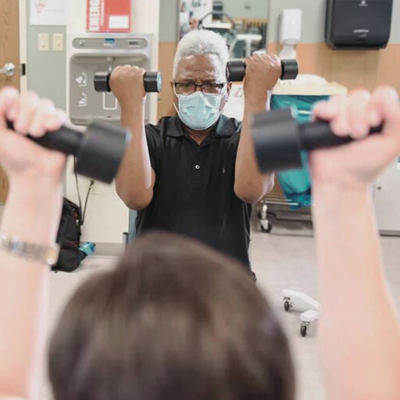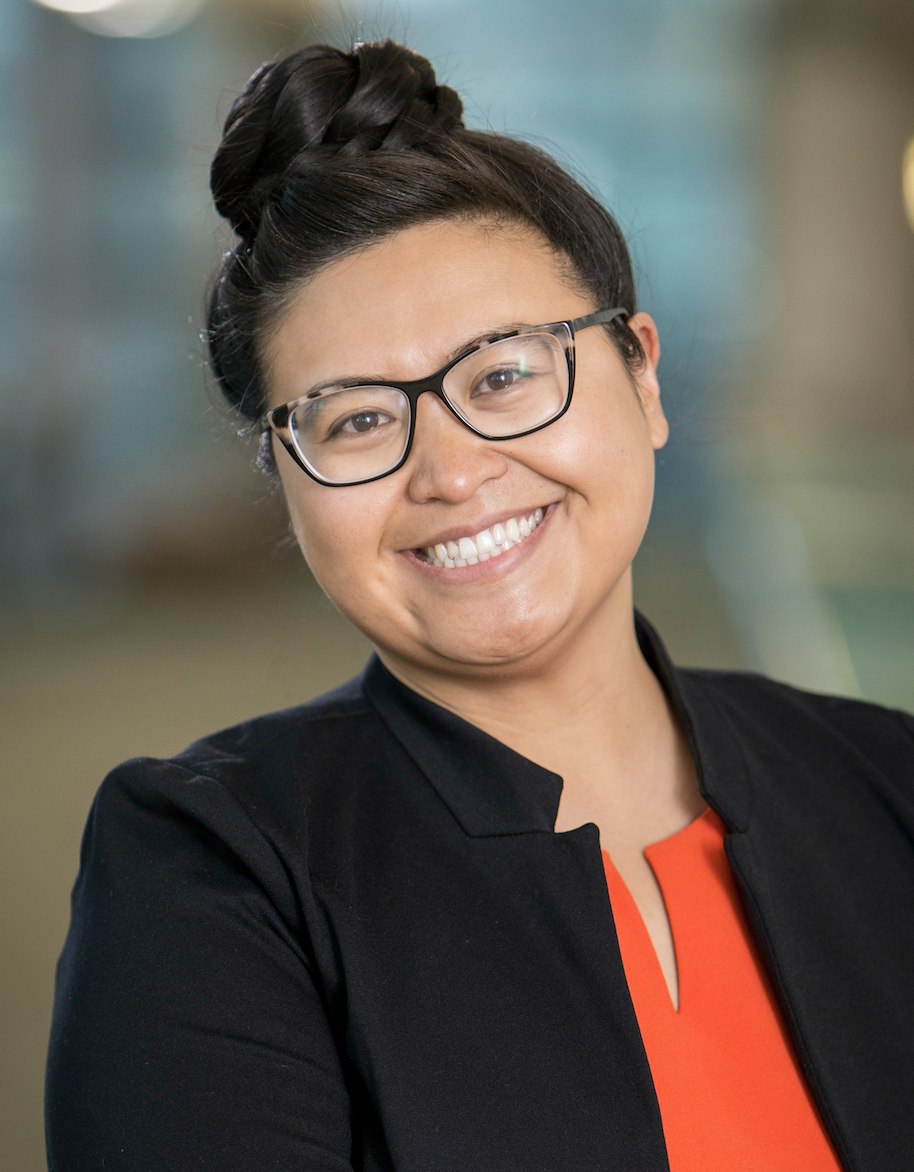About PCMC
The outpatient PCMC Program specializes in brief intervention services for patients who are typically referred by physicians in other medical specialties. PCMC services typically include evaluations and short-term treatment to assess mental health concerns and complications arising secondary to medical disorders or their treatment, assessment for potential organ transplantation or surgical interventions, evaluation for our chronic medical illness group, and psychopharmacological consultations in medically complex patients. Common co-morbid medical conditions include diseases such as post-acute sequelae of COVID-19 (PASC), post intensive care syndrome (PICS), movement disorders, cancer, epilepsy, traumatic brain injury, neurocognitive disorders and endocrine dysfunction. PCMC is now also offering brief individual psychotherapy as well as a variety of group therapy offerings.
Specialty Areas
- Patients who are experiencing psychiatric symptoms or complications secondary to medical disorders or treatments such as:
- Endocrine disorders
- Neurological disease (ie. stroke, TBI, Parkinson's disease, dementia, multiple sclerosis, epilepsy)
- Deep-brain stimulator surgery
- HIV
- Transplant
- Cancer
- Post acute sequelae of COVID-19 (PASC or Long-Haulers syndrome)
- Post intensive care syndrome (PICS)
- Patients interested in process and skill building psychotherapy groups for:
- Post acute sequelae of COVID-19 (PASC or Long-Haulers syndrome)
- Coping with chronic illness
- Patients interested in brief psychotherapy to address challenges associated with medical disorders or treatments such as:
- Coping with and adjusting to new medical diagnoses
- Coping with progression or complication of pre-existing medical conditions
- Traumatic injuries (burn, spinal cord injury, etc.)
- Medical trauma as a result of treatment for medical conditions
Resources
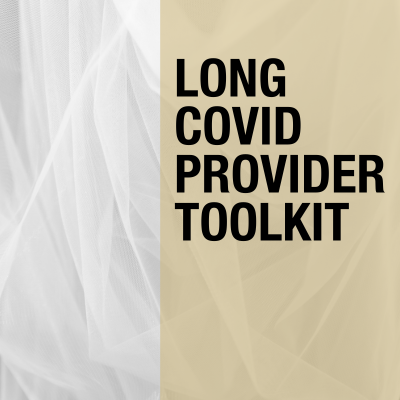
.png?sfvrsn=d9c965b4_1)
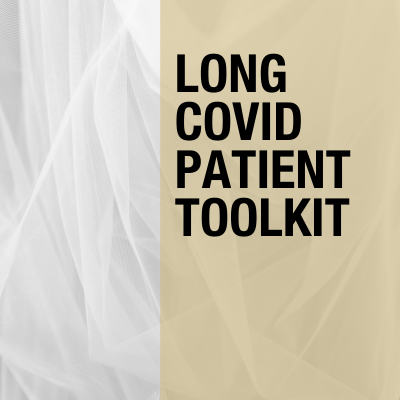
Our Clinic in the Media
- Neff, Todd. “COVID-19 ‘long-haulers’ get help at special ICU clinic”. UCHealth Today. Written interview. https://www.uchealth.org/today/covid-19-long-haulers-get-help-at-special-icu-clinic/
- Miller, Faith. “Worst Year for Overdose Deaths Feared as Fentanyl, COVID-19 Afflict Colorado”. Colorado Newsline. Written interview. https://coloradonewsline.com/2020/08/12/worst-year-for-overdose-deaths-feared-as-fentanyl-covid-19-afflict-colorado/
- Smith, Tyler. “Long COVID mental health challenges require specialized treatment.” UCHealth Today. Written interview. https://www.uchealth.org/today/long-covid-mental-health-challenges-require-specialized-treatment/
- Cotton, CB. “COVID-19 long hauler shares journey with psychological impacts“. Denver7. TV interview. https://www.thedenverchannel.com/news/local-news/covid-19-long-hauler-shares-journey-with-psychological-impacts
- Willie, Brian. “Surviving COVID twice: A Denver woman goes 2 rounds with the disease.” TV interview. Rocky Mountain PBS. https://www.rmpbs.org/blogs/the-long-haul/surviving-covid-twice-a-denver-woman-goes-2-rounds-with-the-disease/
- Smith, Tyler. “Clinic Aims to Give Surviving COVID-19 Patients the Post-ICU Care They Need”. UCHealth Today. Written interview. https://www.uchealth.org/today/surviving-covid-19-and-getting-post-icu-care-needed/
- Epperson, Neill. MindtheBrain. Podcast. https://medschool.cuanschutz.edu/psychiatry/covid-19-support/article-template/mind-the-brain/mind-the-brain-dr.-thida-thant-and-dr.-rose-mauch-on-pandemic-brain-and-post-covid-brain
- Monaghan, Shane. “Colorado Isn’t Prepared To Deal With the Mental Health Fallout from COVID-19". 5280 Magazine. Written interview. https://www.5280.com/2021/08/colorado-isnt-prepared-to-deal-with-the-mental-health-fallout-from-covid-19/
- Harden, Kari Dequine. “The Longevity Project, Part 3: Mental health impacts of pandemic are multifaceted”. Steamboat Pilot & Today. Written interview. https://www.steamboatpilot.com/news/the-longevity-project-part-3-mental-health-impacts-of-pandemic-are-multi-faceted/
- Sallinger, Rick. “Long covid sufferers may develop psychosis”. CBS4. TV interview. https://www.cbsnews.com/colorado/news/long-covid-sufferers-may-develop-psychosis/
- Melani, Debra. “Long COVID Brings Focus to Mental-Physical Connection”. CU Anschutz Today. Written interview. https://news.cuanschutz.edu/news-stories/long-covid-brings-focus-to-mental-physical-connection?utm_source=today_newsletter&utm_medium=email&utm_campaign=may_29_24
Psychiatric Consultation for the Medically Complex (PCMC) Program
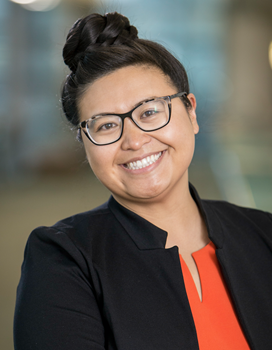
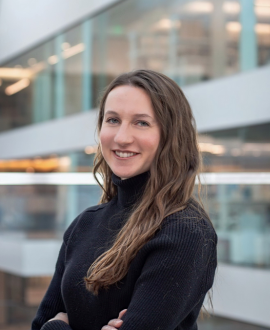
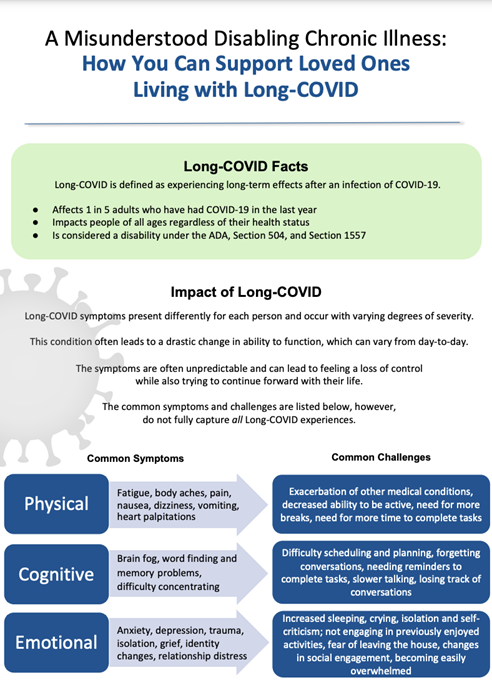
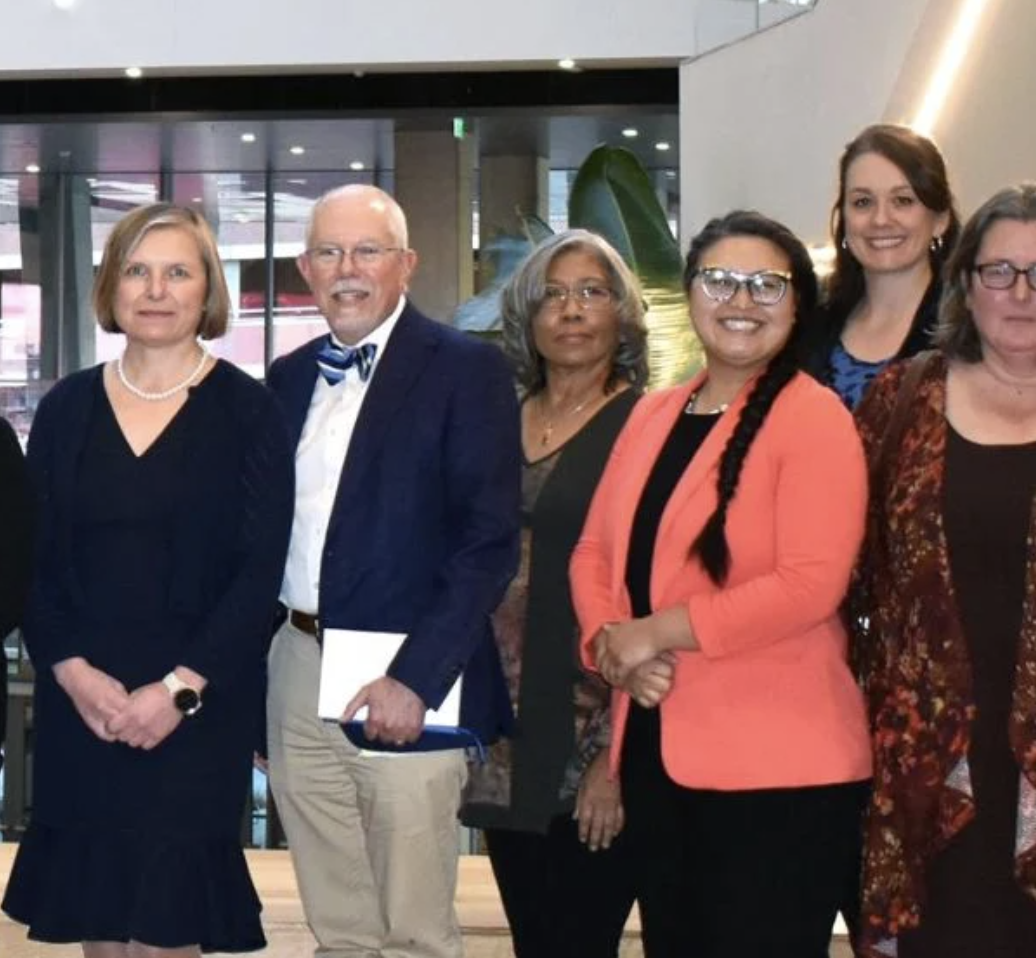
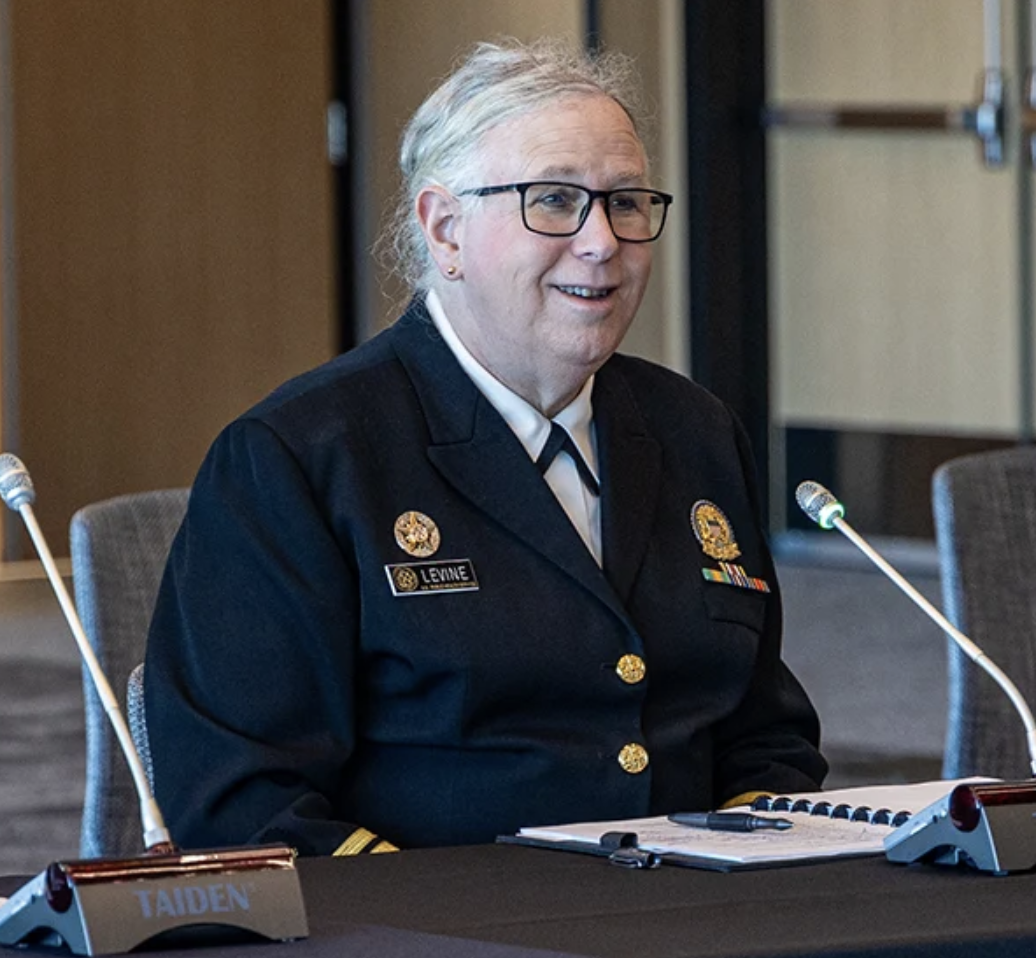
.png?sfvrsn=3f9b93bb_1)
